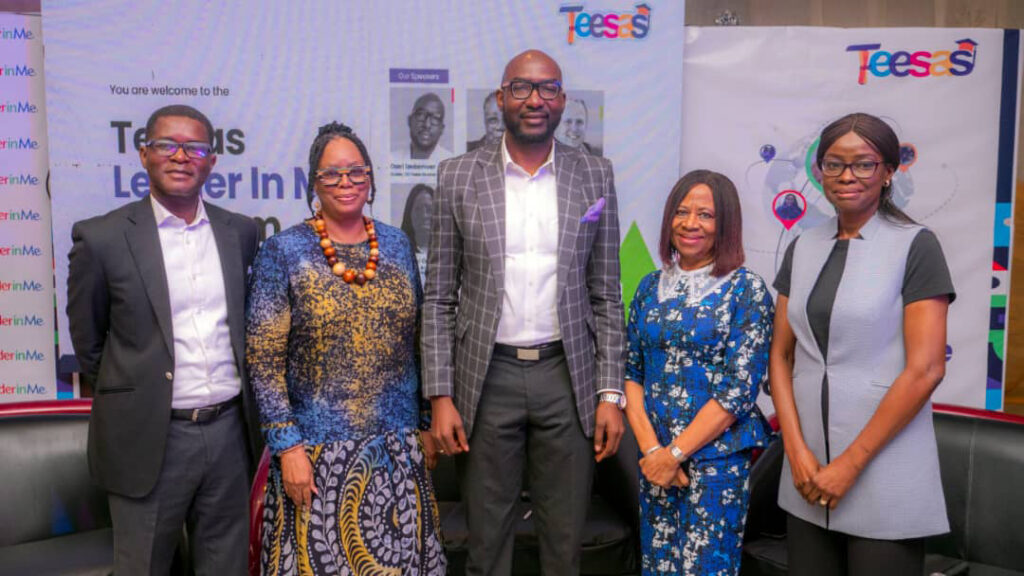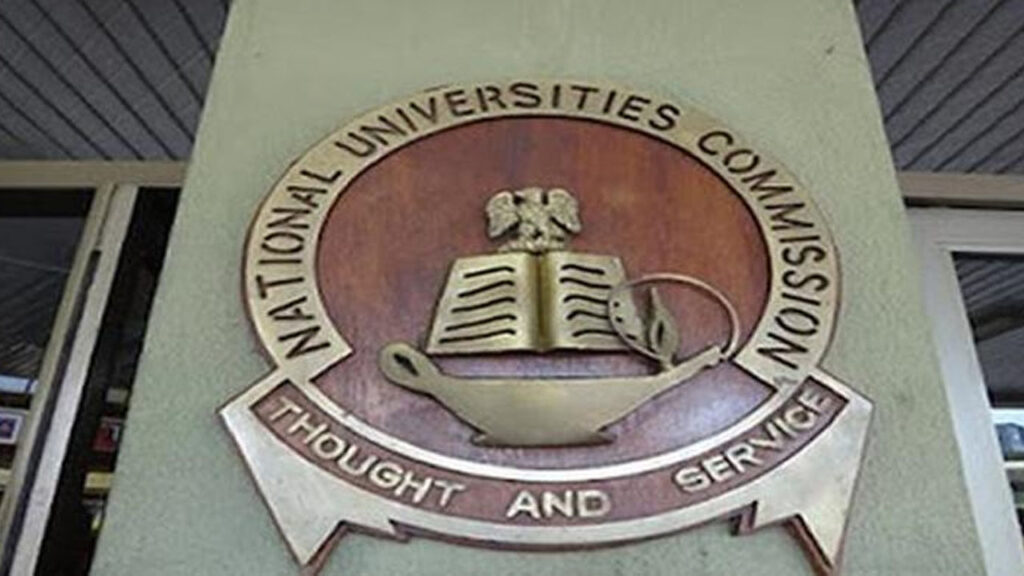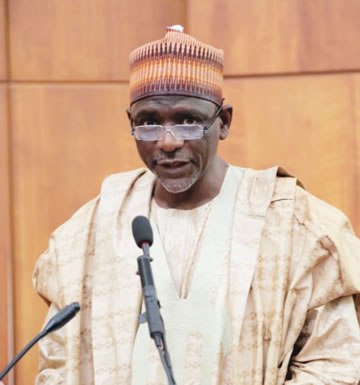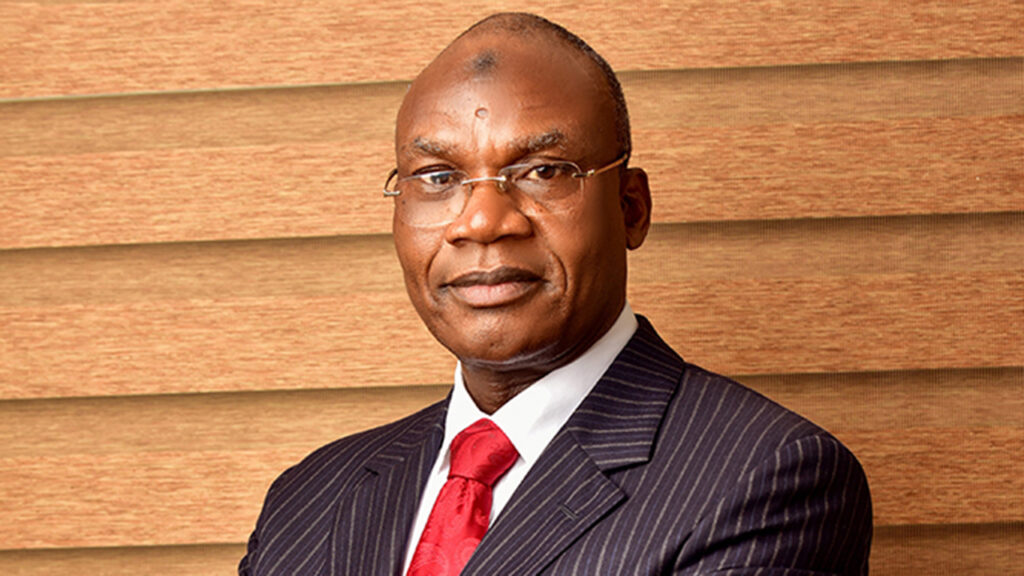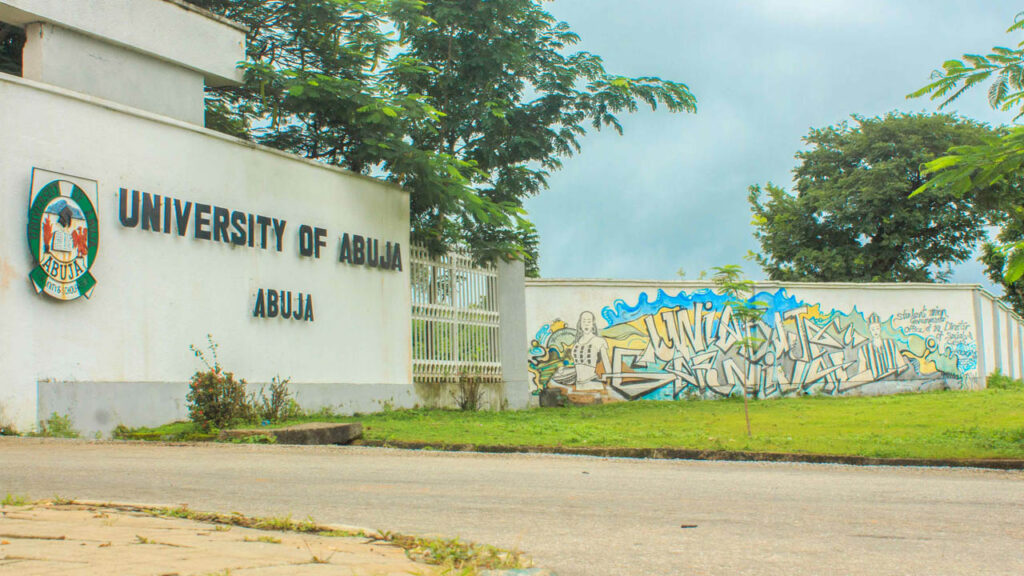 Mixed reactions have followed the recent decision by President Bola Tinubu to conduct an extensive census in the education sector to ascertain fault lines and aid proper planning.
Mixed reactions have followed the recent decision by President Bola Tinubu to conduct an extensive census in the education sector to ascertain fault lines and aid proper planning.
Tinubu had, on April 18, directed that a census should be conducted to produce data on all schools in the country from primary to tertiary level, ascertain their present conditions and facilities, proximity to one another and general infrastructure.
The exercise is also to ascertain the number of teachers in the country, their qualifications, and training support received by pupils and students in primary, secondary, and tertiary institutions, gender, and exam grades, among others.
According to the presidency, the information that would be derived from the exercise will guide federal and state interventions for teachers’ training and development, as well as overall support.
However, stakeholders in the sector have offered different views on the exercise. Some have questioned the need for the census given that Nigeria has conducted many in the past and should have near-perfect data on its school system, others questioned the timing and fate of data from previous exercises, while some described it as a step in the right direction.
For instance, in 2010, Nigeria conducted the national school census. In 2015, there was the Nigeria education data survey and in 2018, there was a national personnel audit and school census.
In 2020, Nigeria also conducted the education management information system, and four years later, the country appears set to embark on another school census.
Education Consultant, Julius Opara, who described the move as a step in the right direction, said the sector still faces several challenges.
He, however, wondered why the government was unable to properly manage data from the previous ones conducted.
Opara cited bureaucracy, lack of political will to effectively prioritise education, lack of coordination and collaboration between agencies of government to use such data, failure to deploy the right resources for data analysis and funding to implement outcomes, as well as failure to engage stakeholders’ among others, as part of the problems.
Noting that the sector is in serious need of a total overhaul, Opara said some of the solutions may come from the census and advised the government to ensure that the data that would come from the exercise is put to good use.
Director of Academic Planning at Trinity University, Dr David Samuel, said the decision to conduct an extensive census showed the importance of data-driven decision-making in education policy.
He said by gathering comprehensive data on schools, teachers, students, and education infrastructure, the government will better understand the the current state of the sector and identify areas for improvement.
The university teacher said the Federal Government should also revisit and prioritise teacher training for effectiveness in the classroom.
By analysing the data, he noted that policymakers can identify areas of need and target interventions.
Besides, Samuel added that the government should also involve relevant stakeholders, including educators, parents, and community leaders in the process of using the data, while also making it accessible to the public.
Administrative manager and public relations officer, Jextoban Secondary School, Lagos and Ogun States, Dr Solesi Abayomi, however, faulted the move, insisting that it is unnecessary for now.
According to him, the current challenge in the sector, as identified by the minister of education, Prof. Tahir Mamman, is the priority to stop students who are not 18 years old from gaining admission to tertiary institutions.
Abayomi said the priority for the government should be the full implementation of the 6-3-3-4 system of education, saying this would address some of the problems in the sector.
“So, it is not the time for this initiative. The government should implement policies that have been put in place over the years, as most of these policies could help in solving our current challenges in the sector.”



